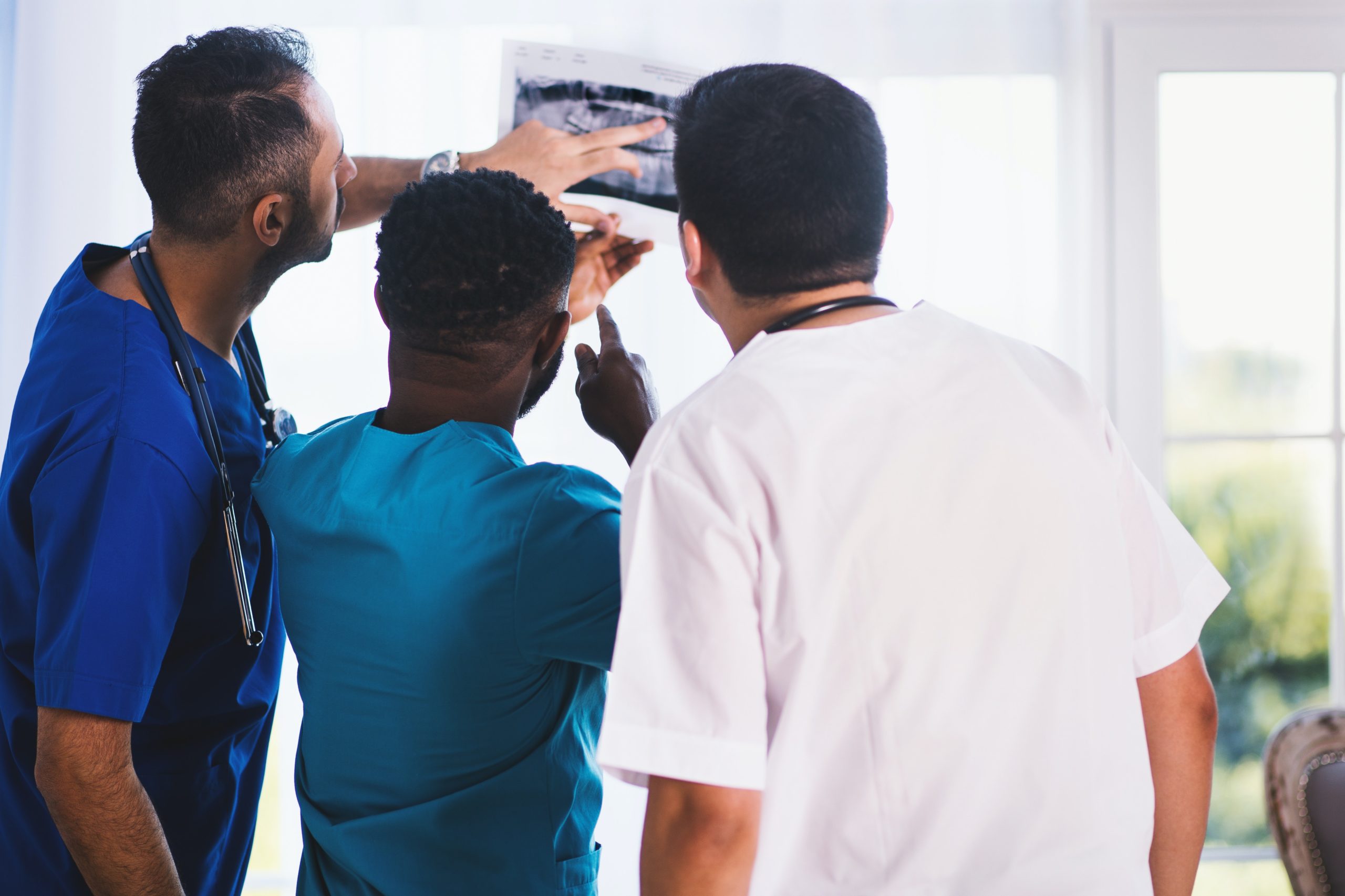Is Infection Control A Concern For The Dental Office Desk? You Bet It Is!!
By Colette Jesikiewicz CDPMA, FADAA
At this time, more so than ever because of the COVID-19 outbreak, the spreading of diseases is on everyone’s mind. In the dental office, infection control may have been thought to be limited to the clinical setting. Nothing is further from the truth! Here are a few tips to keep you and your patients safe from the spread of diseases.
Begin with a clean and organized reception area
• Limit the number of magazines in this area. How many times have you seen a person “lick” their finger when turning pages? If you are running an efficient schedule, your patients will not wait long enough to be reading a magazine. Scheduling is a topic that will be discussed in the future.
• Wipe down any children’s books or toys daily with a surface disinfectant.
• Have a box of tissues, hand sanitizers and a trash can with a liner. Keep refillable supplies available at the front desk at all times. Sometimes people just don’t think about what they are doing and germs will spread. For example, you would be SHOCKED at how many times a patient has come up to me at the front desk, take the denture out of their mouth and hand it to me! This is when you smile and say “no thank you, the doctor will take that from you in the back.” Remember to be polite.
Organize your personal workspace
• Keep your work area clutter-free. If your office uses an outside cleaning service they are instructed not to touch any paperwork on your desk. It is up to you to sanitize your own work area and the less cluttered your space is, the easier it is to sanitize frequently.
• Use surface disinfectants. Wipe down your countertop several times a day. Don’t forget about your computer keyboard, mouse and, most importantly, your telephone. Be aware of how many times other patients or workers are using the telephones and consider cleaning phones every few hours. Be very careful of which disinfectant you use, especially around computers. If you use the wipes/sprays that are used in the operatory make sure you use personal protection equipment (PPE). These include masks, gloves AND safety glasses. These chemicals are meant to be stronger and require proper PPE for your safety.
Be alert to the rest of the dental office
• What about the restroom? Who is responsible to check if it is clean? Again you would be surprised how many people leave the operatory after an extraction, go into the restroom, spit into the sink and throw the bloody gauge into the garbage. Blood splatter on the sink, mirror and even the floor. During times like these, it is best to clean the restrooms in addition to any cleaning services that may come.
• Light switches and doorknobs. Again, especially in the restroom. This area is used all day, every day. Check it, wipe it down and keep it clean.
• Patient files and ink pens are other possible sources of cross-contamination. Not all offices are totally computerized. A patient chart will come from the operatory, where it could have been exposed to aerosol sprays, and handed off to you. A careless staff member may even come up to you, wearing dirty gloves, and grab your pen to write up the chart. All staff should be following the same sanitation procedures and policies but it is still best for your own health to take all precautions, no matter how redundant they may seem.
Interview your patients
• When you are confirming with patients, ask them questions such as: Have you been out of the country recently? Do you have a cold or fever? If they answer yes, you can give them the option to reschedule for the protection of others.
• Should a patient come to an appointment and you suspect that they are ill, ask them “Are you feeling okay today?” Be non-confrontational, it might just be allergies. Again give them the option to reschedule. Let the patient feel you have their best interest in mind.
• If an emergency patient comes in and you suspect they are ill, ask the same questions. Just remember, if they are in pain they may not be truthful if they think you will refuse to see them. This patient can still be treated but extra precautions will need to be made. Tell the dentist immediately. The doctor may still see the patient and just provide palliative treatment until they feel better. This patient should be placed in an operatory as soon as possible. You don’t want them in the waiting room with other patients. The dentist may order an x-ray, prescribe an antibiotic/pain medication to control the infection and bring the patient back when the infection clears. Communication is key between the staff, patient and dentist. Call the patient in a day or two to see how they are doing. Let the patient know you care.
One final thing you will want to do to protect yourself is to be current on your immunizations. Get your flu shot. This not only protects you but your patients, co-workers and even your family.
Being at the front dental office desk you are just as susceptible to infection as the clinical staff without the protection of wearing full PPE. Knowledge is power. Wash your hands. Use common sense. Be aware of your surroundings. Get the facts and keep yourself safe by being in the know.














